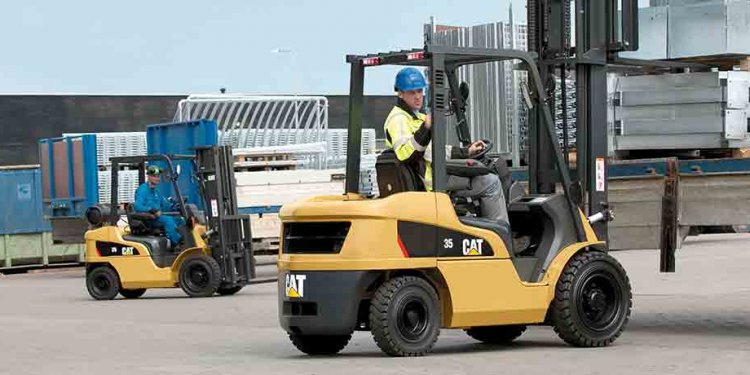
Forklift Truck maintenance
Forklift mechanics are exposed to a variety of hazardous materials. Chemicals pose a wide range of health hazards, such as irritation, sensitization, and carcinogenicity, and physical hazards, such as flammability, corrosion, and reactivity. Forklift operators, often perform some of their own maintenance, such as refueling diesel or gasoline powered trucks, changing propane tanks on LPG trucks, or recharging and servicing electric batteries on electric forklifts. They may also change oil, antifreeze, or other fluids, and therefore, are exposed to a variety of hazardous chemicals. The following is an overview of the regulations, training requirements, and other resources related to maintenance of powered industrial trucks:
OSHA Compliance
All general industry standards apply to workers performing maintenance on powered industrial trucks.
Standards
Directives
- The Control of Hazardous Energy â Enforcement Policy and Inspection Procedures. CPL 02-00-147, (February 11, 2008). Cancels OSHA Instruction, STD 01-05-019 (STD 1-7.3) 29 CFR 1910.147, The Control of Hazardous Energy (Lockout/Tagout) - Inspection Procedures and Interpretive Guidance, September 11, 1990; and its interpretations.
- 29 CFR 1910.151(c), Medical Services and First Aid; 29 CFR 1926.50 and .51, Medical Service and First Aid, and ... STD 01-08-002 (STD 1-8.2), (March 8, 1982). Provides guidelines regarding eye wash and body-flushing facilities required for immediate emergency use in electric-storage battery charging and maintenance areas.
- 29 CFR 1910.178(g)(2); Battery Charging Stations for Fork Lifts and Other Industrial Trucks. STD 01-11-004 (STD 1-11.4), (October 30, 1978). Clarifies 29 CFR 1910.178(g)(2) as it applies to battery charging areas where power industrial truck batteries are charged only.

















